It´s not easy to accept presbyopia. It´s also not easy to accept loss of eyesight as a result of aging. I would know. I´ve experienced both.
After a lifetime of 20/20 vision, at 46 I started needing reading glasses.
When I began needing reading glasses, I found an alternative to readers that worked well for me.
I don´t like having to put on glasses and take them off and run the risk of losing them. I opted for two solutions which I alternated.
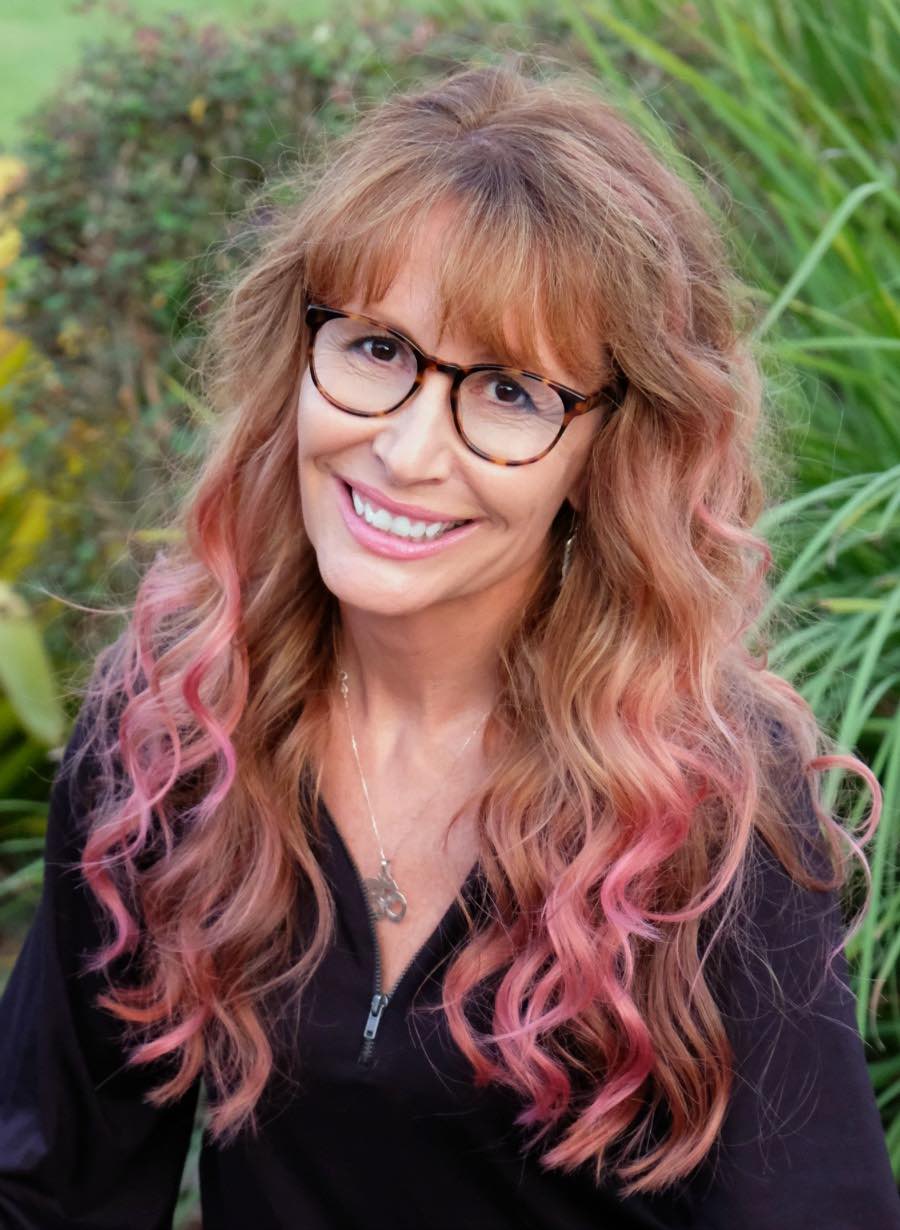
One was wearing multifocal contact lenses, which enabled me to read up close without having to reach out for cheaters.
The second solution was using progressive lenses (bifocals back then) which only had a reading prescription on the bottom part of the lens.
I had no prescription for mid or far ranges, and I chose to wear those glasses all the time.
A couple of years later, I lost all kinds of vision (don´t fret, it doesn´t happen to everyone with age), and at 58 I´ve been wearing progressive trifocals for eight years or more.
I still wear multifocal contacts sometimes, to apply makeup, to practice sports or for a night out.
But for the most part, glasses are a part of my appearance daily.
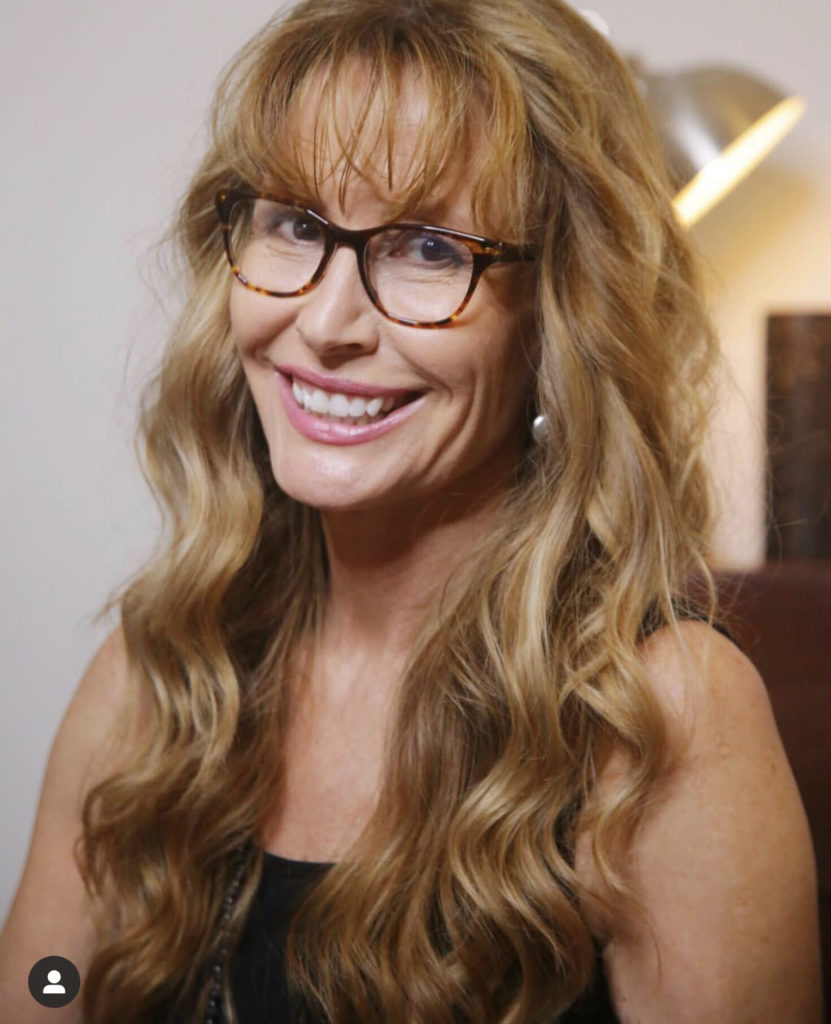
How long does it take to adapt to progressive lenses?
Now that I have some experience with different types of lenses, and that I know different factors affect how well I see with a particular progressive lens, this is what I´ve found:
Adapting to progressive lenses is, frequently, a choice.
Once I accepted I was never going to have the same vision I used to enjoy when I was younger, the adaptation period was pretty short.
Keep in mind that many people don´t have the luxury of comparing life before and after glasses, as they´ve been needing them since childhood. Others are nearly blind for a lifetime.
If you consider this and accept life with progressive lenses as your new normal, I promise it will take a much shorter time to adapt.
I´ve read on optician sites that the adaptation phase can take up to two weeks.
I feel it can be much faster, but for that to happen, you need to want to adapt in the first place. That is key.
Once you get over the “woe is me” phase, you´ll be the boss of progressive lenses.
The best advice I was given six years ago was “put them on and don´t take them off for a week.”
Being the compliant person I am, I did exactly that, and I believe I was used to them after the second or third day, up to now.
Also read: 4 Surefire tips to adapt to progressive lenses
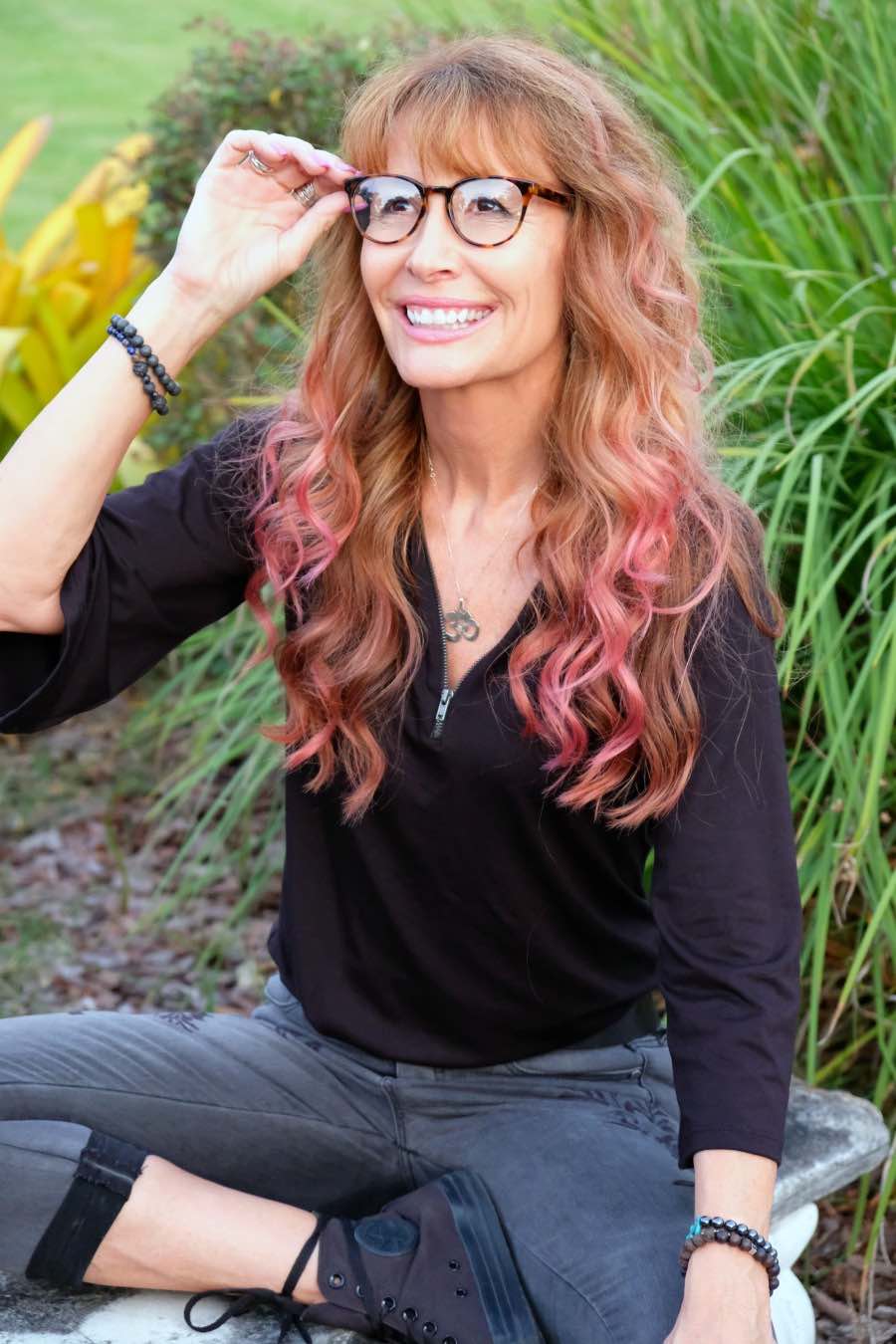
What if I can´t adapt to progressive lenses?
So here´s what I´ve learned as well. Not all progressive lenses are equal.
If after a week of wearing them you feel it´s just not working out – you have blurry vision, the feeling of being in a fishbowl, or you have to tilt your head too far back to see up close, to name a few issues – then go back to your optician and let them know.
Here are a couple of things that could affect your experience.
One is segment height (I had no idea this was even a thing until after a couple of years of wearing progressive lenses).
I like a high segment height (meaning that the mid-range portion of the lens and the reading portion are higher up in the lens), so I don´t have to tilt my head back up close.
Make sure you find out what your preference is. If the segment height isn´t to your liking after your glasses are made, ask the optician to correct that.
Even better, make sure they will do that for you even before you order your first pair.

Another factor is the type of progressive lens. You can choose between standard and digital progressive lenses.
Digital lenses are more expensive but have a larger field of vision. They also cause less visual distortion.
I know it sucks to pay a ton of money for glasses but, think of it, it´s your eyesight.
My husband resisted digital progressives because of the cost. He recently allowed me to convince him they were worth the expense.
Guess what? He´s a super happy camper and he uses just one pair of glasses – digital progressives – for everything from computer work to reading a book.
That said, some people just don´t enjoy the experience of progressive lenses and prefer to own several pairs of single vision glasses.
One for driving, one for the computer and one for reading. I, for one, prefer the versatility of progressive trifocals.
Read also: 6 Timeless eyewear styles
Every time I get a new pair of glasses I have to readapt
My prescription changes a bit every so often, and then I need to get new lenses. The truth is that each and every time, I need to readapt a bit.
This also happens when I switch from one pair of glasses to another (being a woman I enjoy having at least two different pairs for style and functionality).
And it also happens when I´ve been wearing contacts all day and I take them out to wear glasses.
The brain takes a tad to get used to the new feeling.
The way I deal with it is by accepting it, no more no less. And before I know it, I forget that I felt a bit weird after the switch.
I hope this all helps and that if you have any questions or anything to add, you´ll use the comment section!
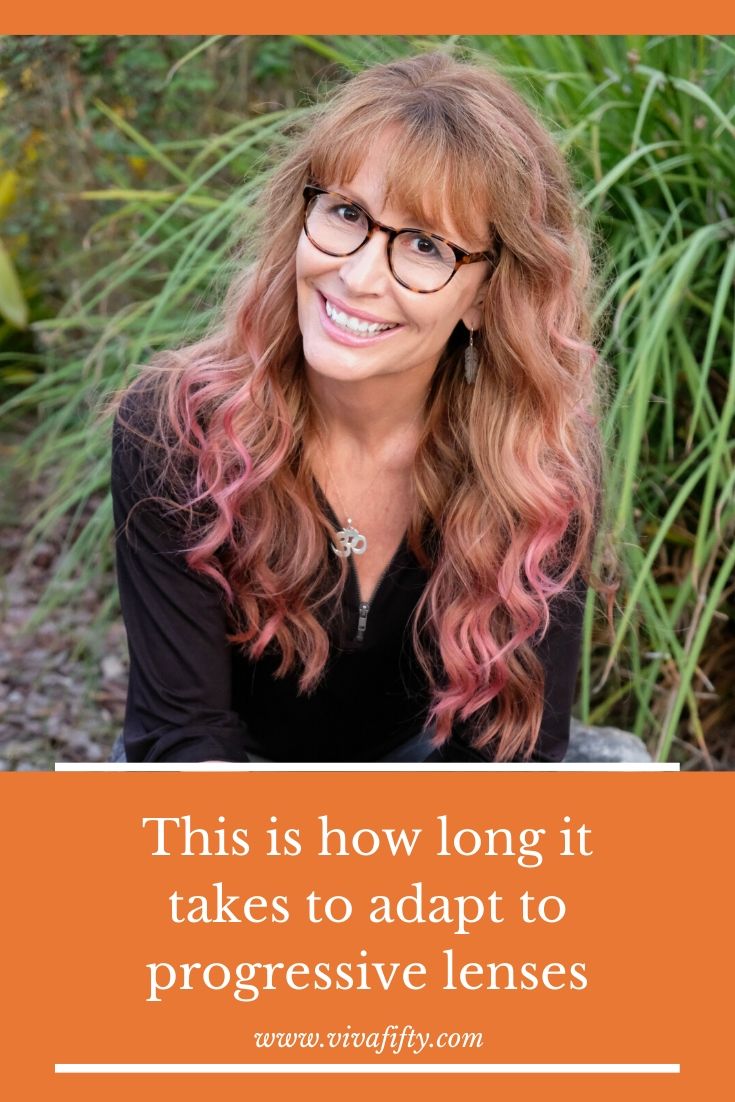


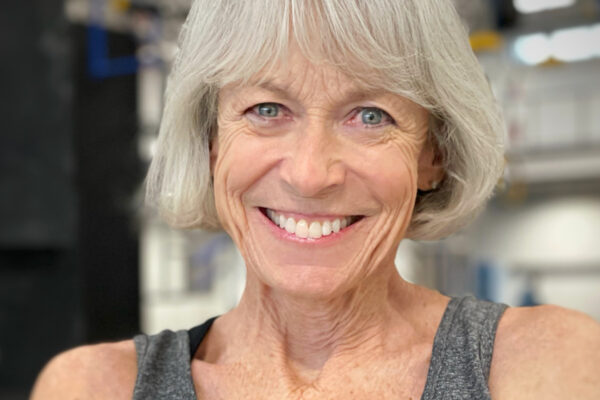
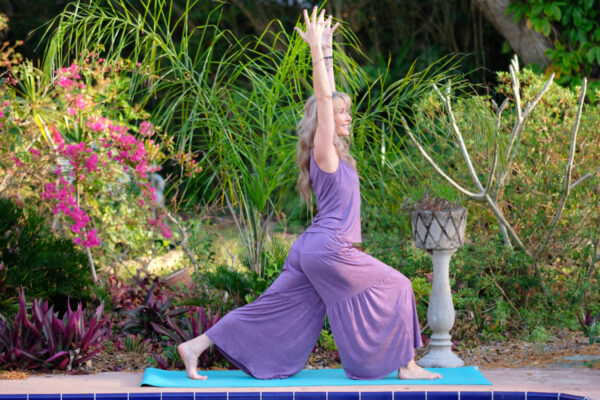

Leave a Reply